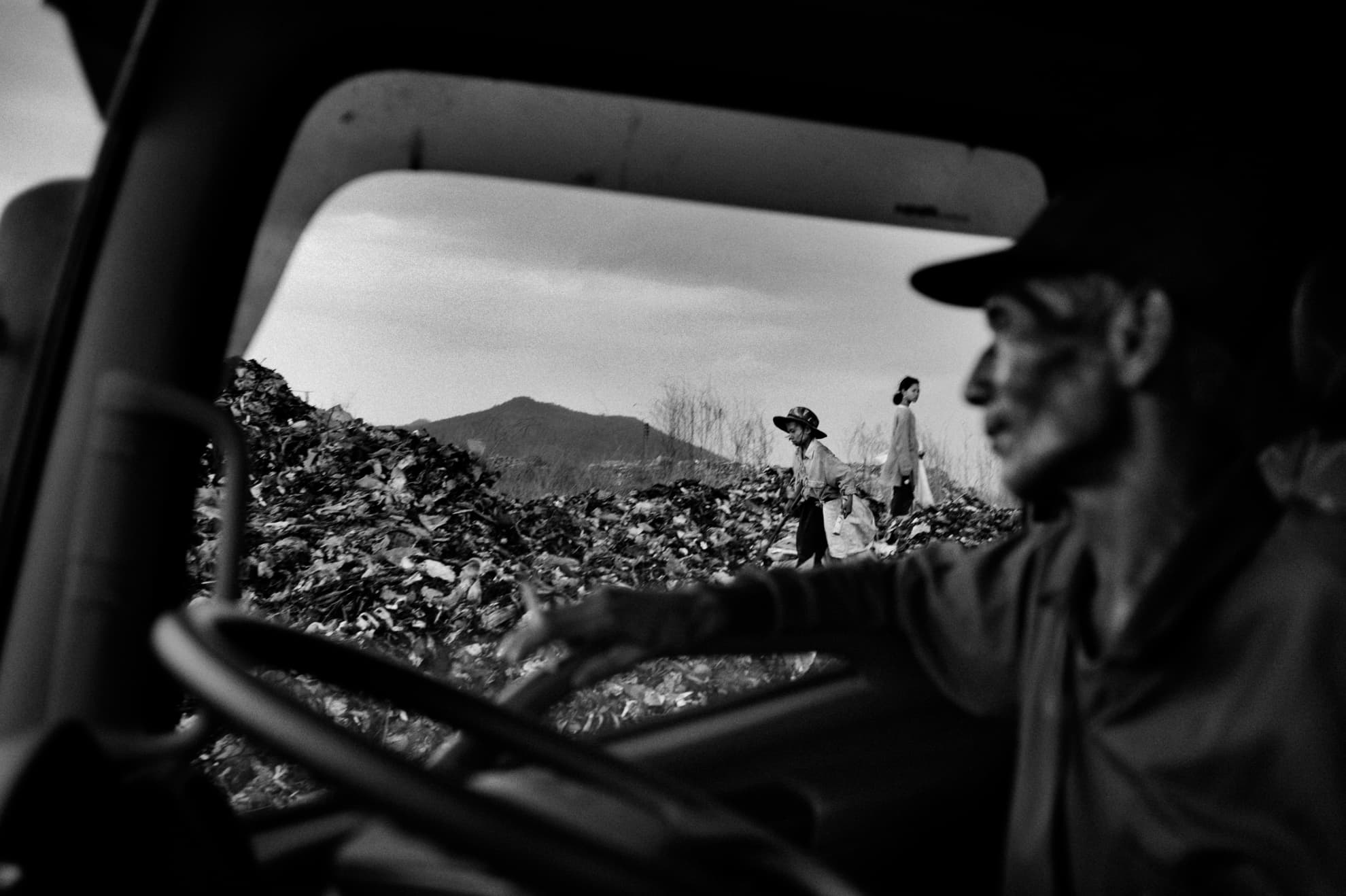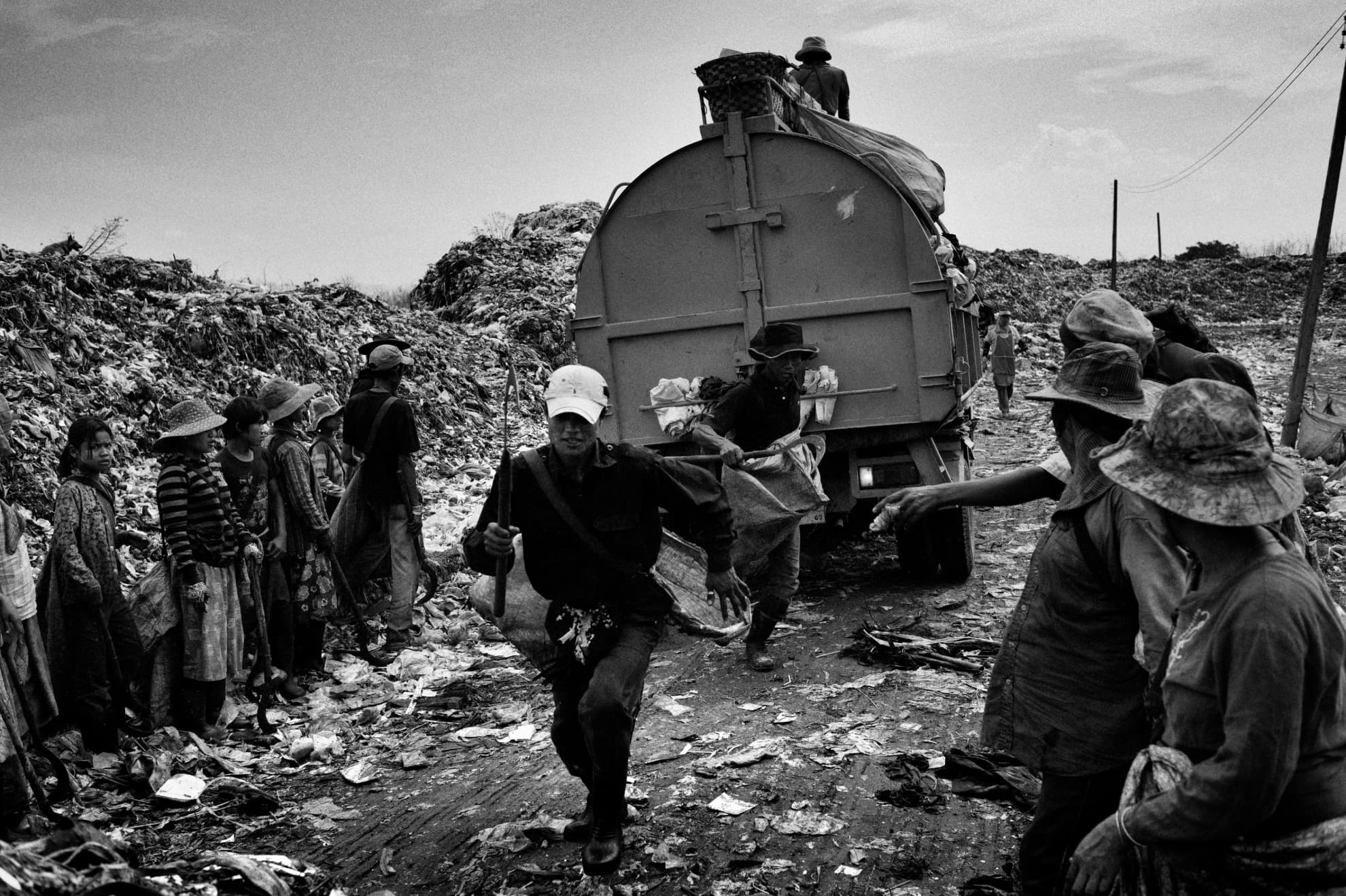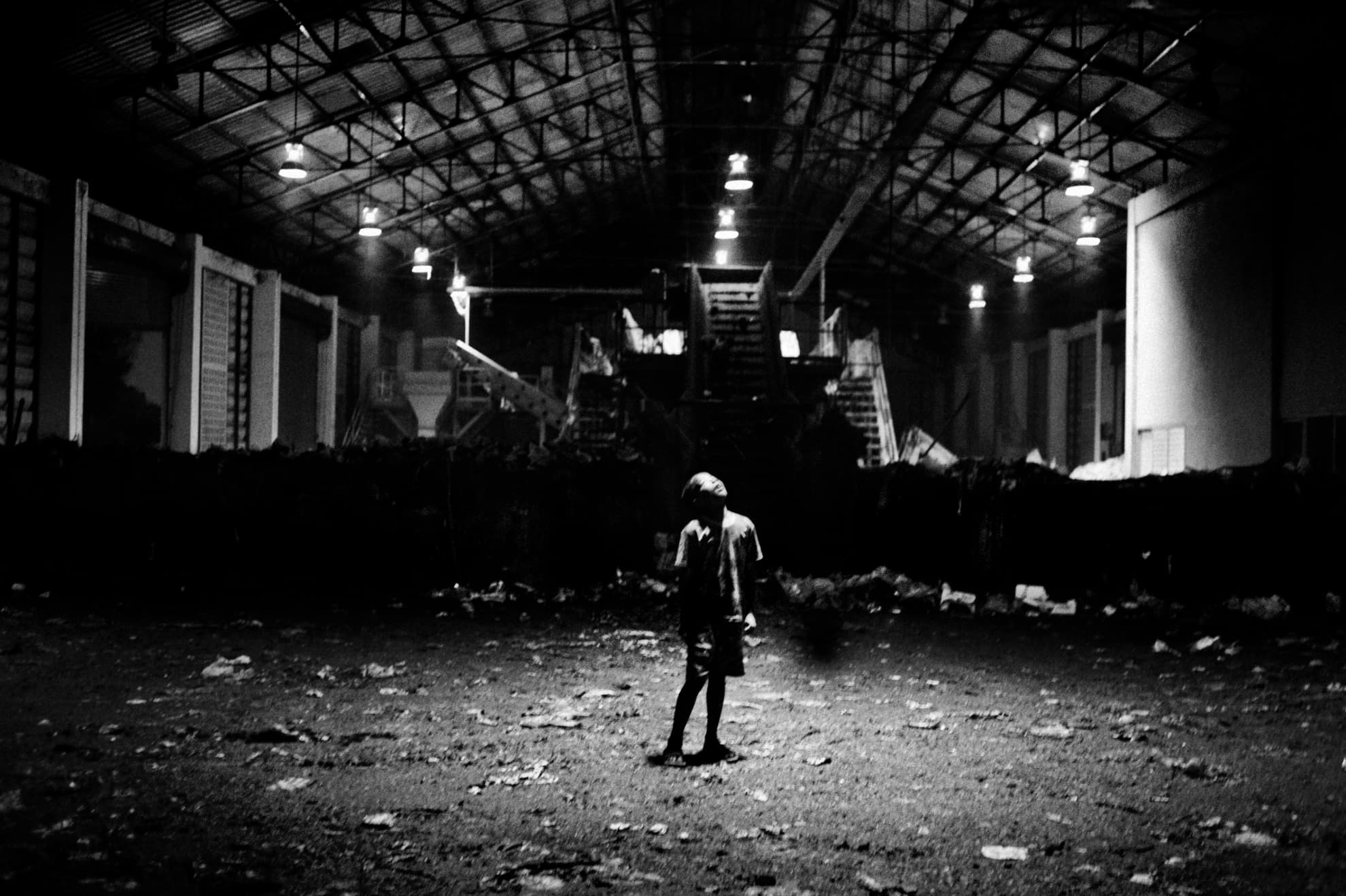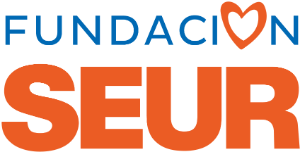Presentation
Immigrants From Myanmar Recycling Rubbish at a Dump Site in Thailand. Mae Sot, a town on the Thai side of the border between Thailand and Myanmar (formerly Burma), has become a refuge for immigrant families fleeing from the neighbouring country. Thousands of Burmese cross the border to escape one of the world’s cruellest and most unjust military regimes. Some come to escape extreme poverty and the forced labour policies imposed by the Myanmar army, whereas others flee the ongoing, armed conflict in their country.
According to government statistics, there are at least two million Myanmar nationals working in Thailand. At least three-fourths of them do not have legal status. Out of ignorance or fear related to their illegal status, many of those who cross the border have little or no contact with Burmese social organisations that could offer them assistance in finding housing and employment. This lack of a social network severely limits the options open to these new immigrants, and many resort to living in a large rubbish dump just outside of Mae Sot.
Despite the filthy and unhealthy conditions in which these people must work and live, the rubbish dump offers them the opportunity to earn a higher wage than they could expect in Myanmar. By collecting recyclable materials, people can make about 100 baht (US$ 3,00) a day. At present, approximately fifty families are living in bamboo huts built on the mountains of rubbish at this site.
Before the rubbish is delivered to the dump, it has already passed through a double sorting process carried out in a private recycling plant located only a few metres away. This means that the refuse that enters the dump contains little potentially saleable material for these families to salvage. Living and working at the plant, even without a contract, is considered a great privilege. Once the residents of the dump have collected recyclable material, they usually sell it to shops in Mae Sot or in the nearby border town of Myawaddy, Myanmar.
Biography
Vincenzo Floramo was born in Trieste, Italy, in 1968. After completing studies at the city’s Instituto Técnico Industrial, he set out on a nomadic life that still takes him to different locations throughout Asia, South America, North America and Europe.
In 2002 Floramo worked as a photographer’s assistant at the Uta Tabea Marten Studio in Berlin, Germany, and in 2004 he studied photography at the Escuela Metrópolis de Cine y Teatro in Madrid, Spain.
During the past few years he has spent an increasing amount of time in India and Thailand where he has worked with local groups on various projects.
Floramo has spent extended periods of time in Thailand, getting to know and photographing the Burmese who live in refugee camps there. Photographs from this project have appeared in Rearviewmirror, a magazine published by Amnesty International Denmark and exhibitions in Barcelona and Madrid. He has also intimately explored the customs, celebrations, institutions and street life of the people of Varanasi, India.
In 2010 he received honorable mentions at the Prix de la Photographie Paris (Px3) and the International Photo Awards for his photographs of Thailand and Afghanistan.






